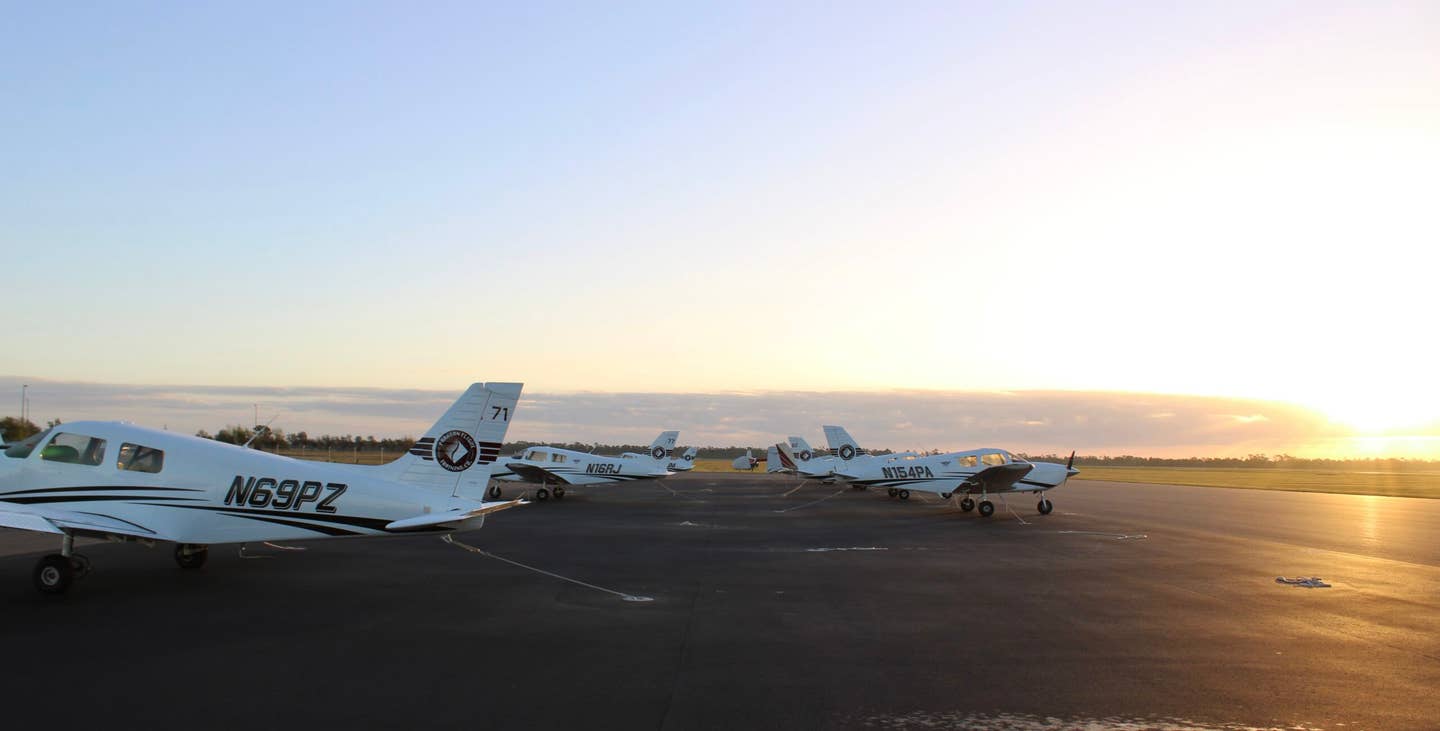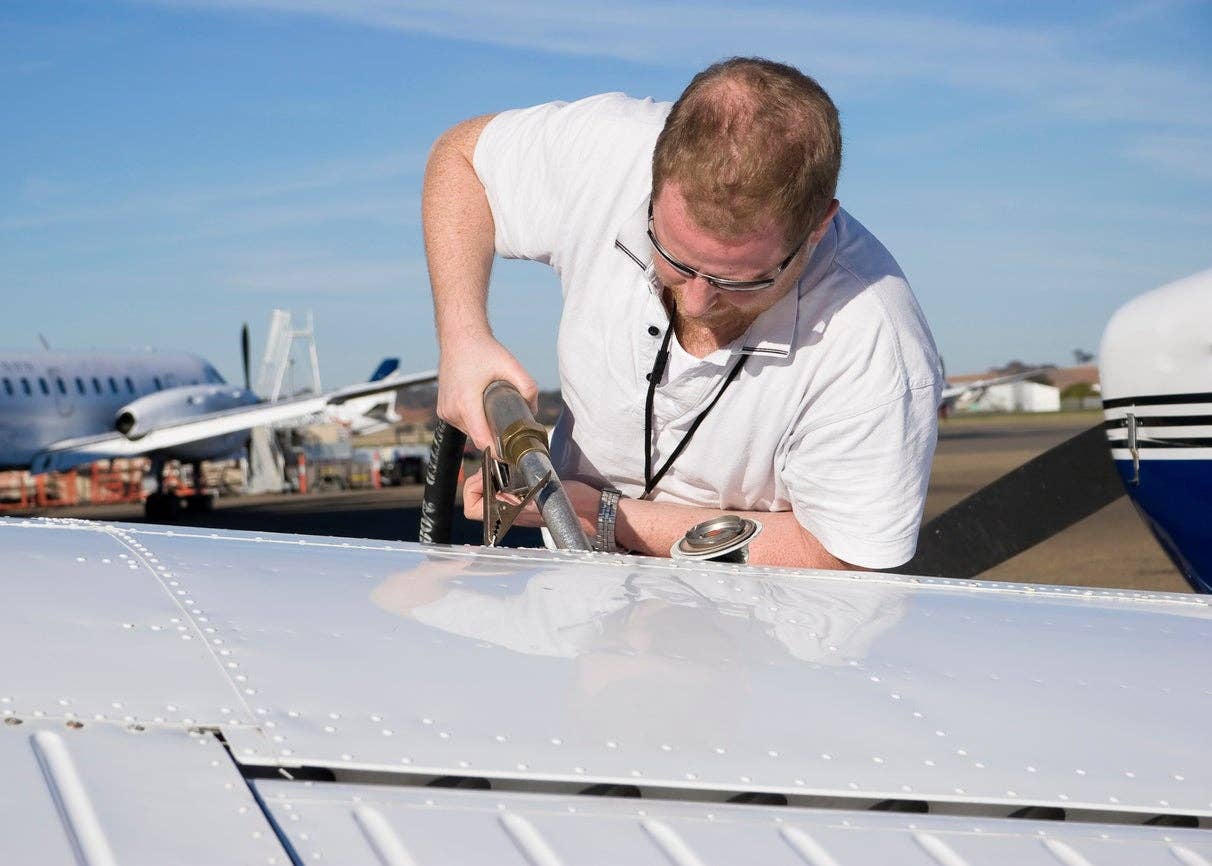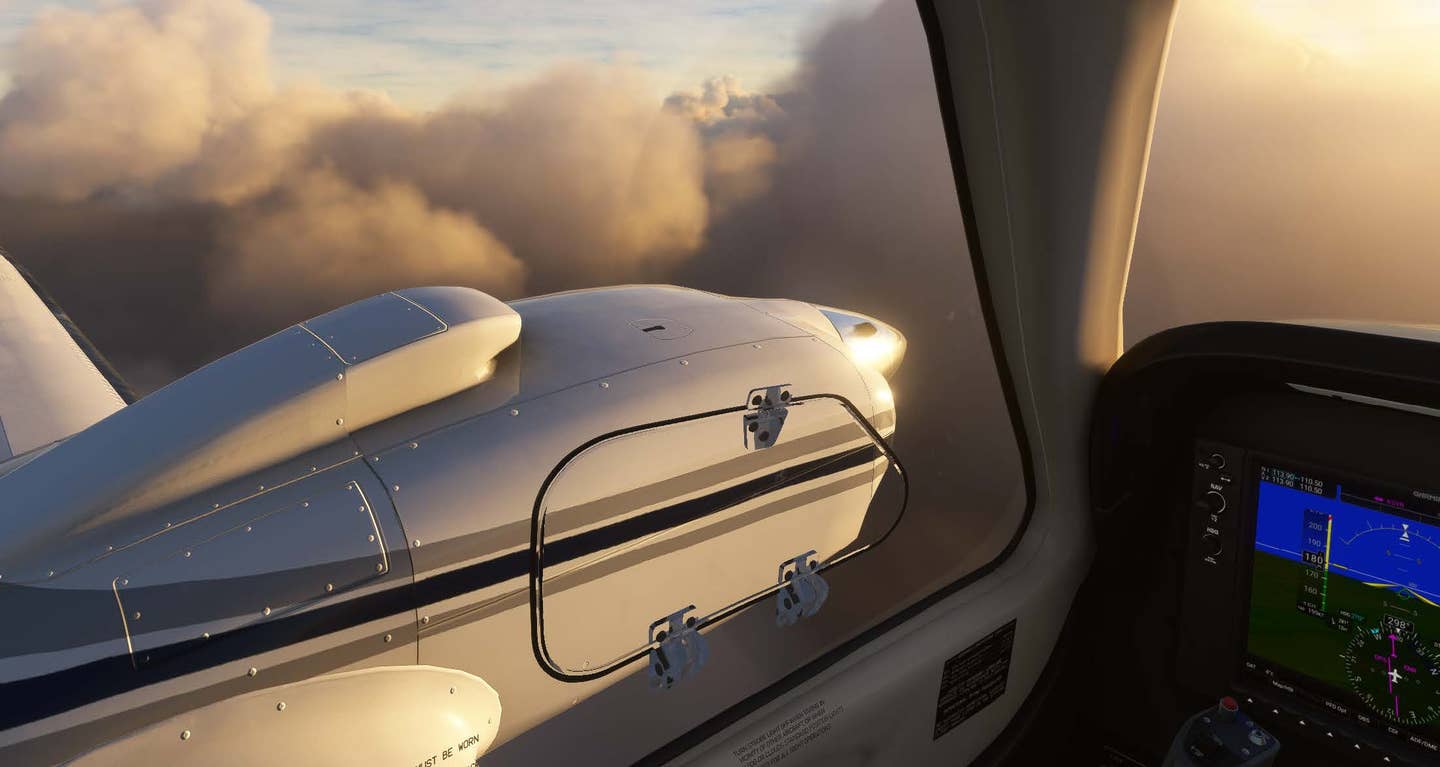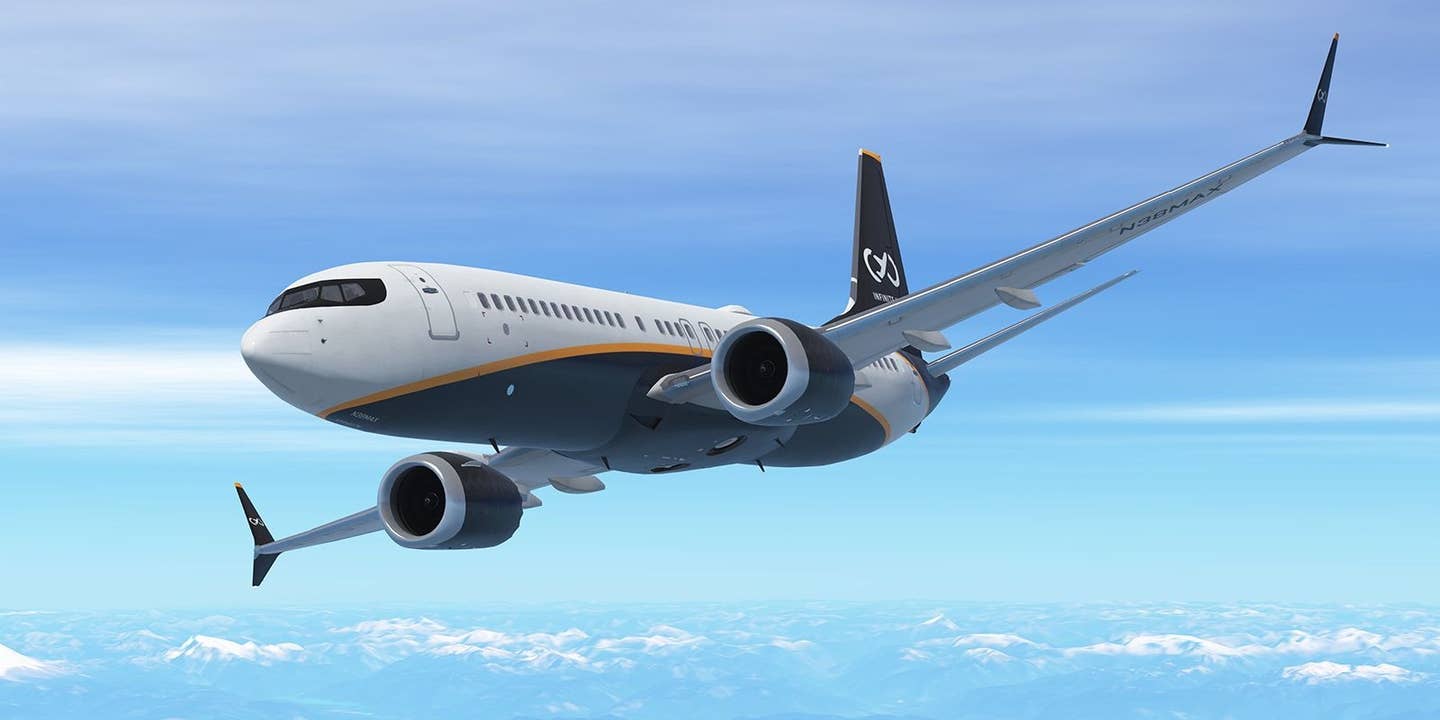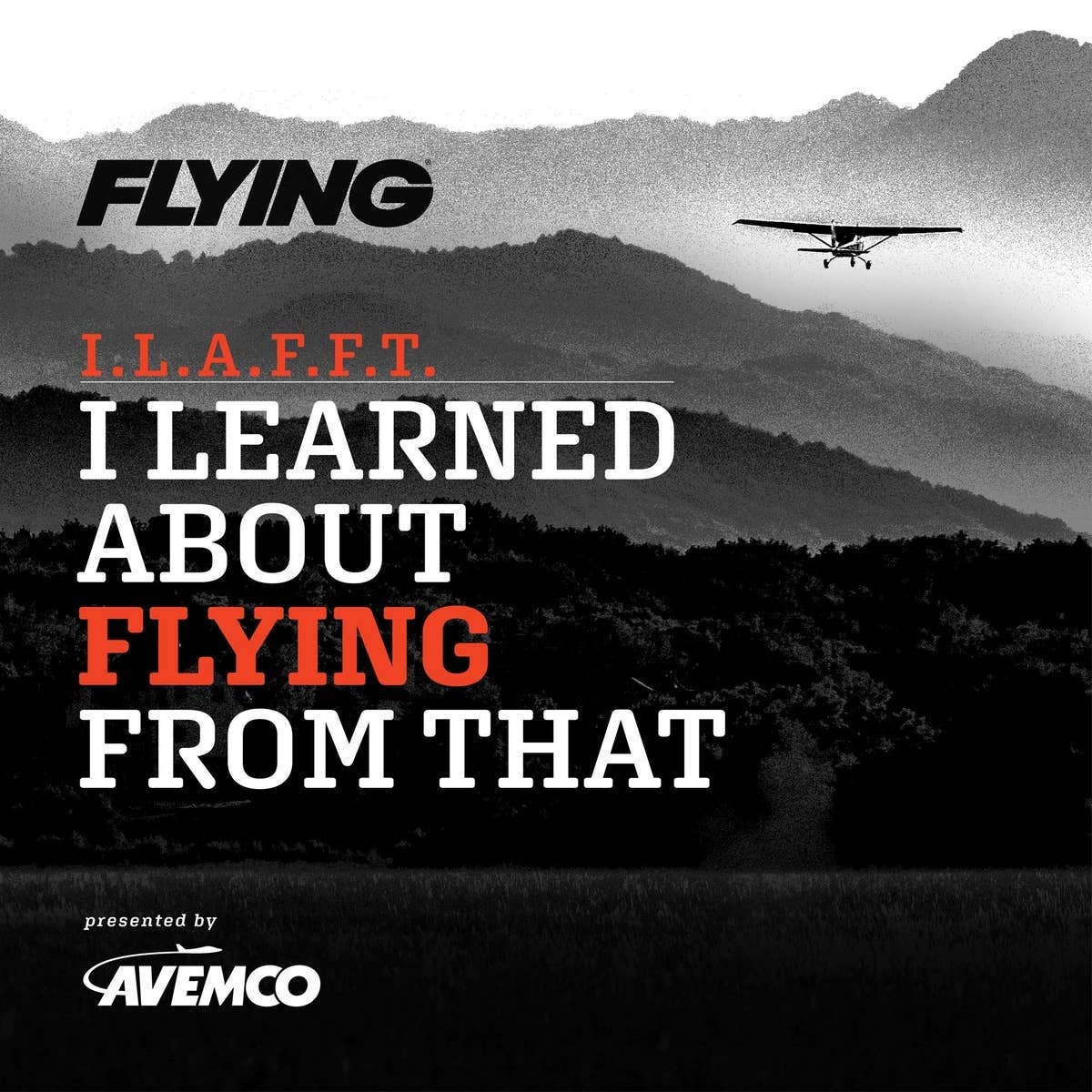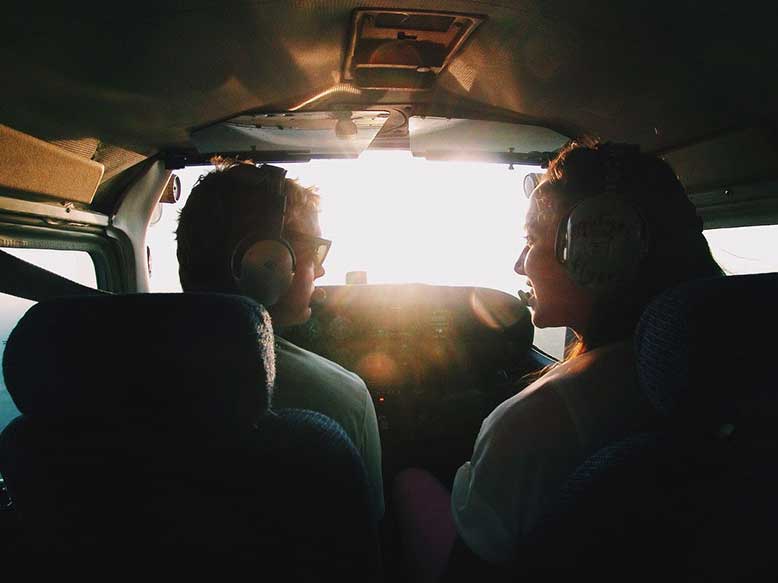
(July 2011) I've met far too many people who dream about learning to fly, but don't act out on their desire to be at the controls of an airplane. One of the greatest deterrents to flying is cost. And realistically, learning to fly can be expensive. But there are several ways to reduce that cost. With a little bit of imagination and a lot of motivation, it can be affordable. The following five recommendations (in no certain order) could save you thousands of dollars — money you may as well spend taking your friends up for fun flights.
1. Get a sport pilot license.
The introduction of the Sport Pilot license gives you an opportunity to become a pilot in a total of 20 hours —
half that required for the private pilot license. While the Sport Pilot license has limitations, the certificate still allows you to take a friend up for a flight to any airport in the United States, as long as you have a logbook endorsement to operate in Class B, C and D airspace. And when and if you get the desire and funds to continue your training to get your private pilot certificate, you are already well on your way.
**2. Study. **
This tip may at first glance appear a little bizarre, but it's amazing how much money you can save by simply being prepared. Study the concepts for your upcoming lesson thoroughly and go over the required maneuvers in your head. Visualizing the maneuvers stimulates the brain in similar ways as the actual performance of the task. Dr. Richard Restak, a neuroscientist and author of 12 books about the human brain said: "Positron emission tomography (PET) scans reveal that the mental rehearsal of an action activates the prefontal areas of the brain responsible for the formulation of the appropriate motor programs."
You can also study for the written test on your own using a book or programs on-line, rather than taking a class or paying an instructor to teach you. Just make sure that you are learning the most up-to-date information.
3. Fly as often as you can.
During flight training, it is best to fly as often as you can. Piloting skills are perishable, especially in the beginning, and long breaks from flying are likely to degrade your knowledge of the concepts and the skills you've developed at significant cost. As a result, you end up spending more time and money re-learning concepts, procedures and aircraft handling skills. Make sure that you minimize interruptions to your training schedule and that you have more than enough money available to complete all the required training before you start.
4. Research your instructor.
Before you commit to a flight instructor, ask yourself or your CFI the following questions: Is this a person I want to spend an absolute minimum of 15 hours with, shoulder-to-shoulder, and many additional hours face-to-face in a classroom? Does this person appear knowledgeable? What syllabus is being used? Will the instructor still be working at the flight school in six months? Is he or she applying for airline jobs? Is this person committed to my success as an aviator or more concerned with building time? These are questions that can have a major impact on the final price tag of your flight training. Trust and compatibility between the student and the instructor are essential for productivity in the cockpit and in the classroom.
With a poorly matched CFI you won't be motivated to go to the flight school and you won't be motivated to study. And while switching to another instructor is the right answer, you will initially waste more time getting to know your new CFI. So do your due diligence before committing to the person who will get you through the hard but satisfying work of becoming a pilot.
5. Buy a flight simulator game.
For about the same amount of money as a single flight lesson, you can buy the complete setup for a flight simulator game for use on your home based computer system. And you don't need a sophisticated computer to do this. You can connect the rudder pedals and yoke, and load the flight simulator software into a simple laptop. While you won't get the physical sensation of flying, you can use this valuable tool to fine-tune your motor skills and to develop your scan of the instruments.

Sign-up for newsletters & special offers!
Get the latest FLYING stories & special offers delivered directly to your inbox

